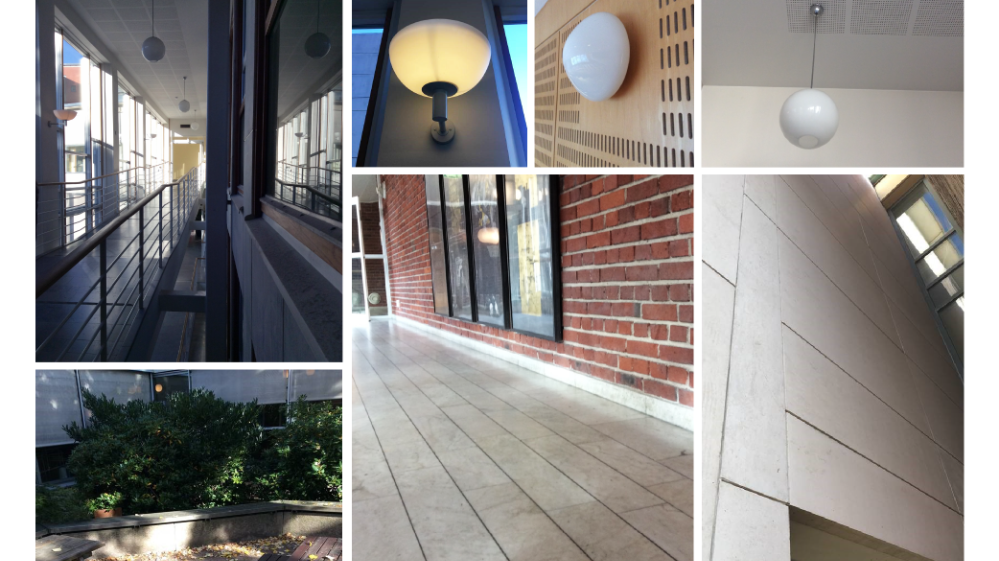Early in the spring, the dismantling of the interior parts of the building at the corner of Vasagatan - Haga Kyrkogata in central Gothenburg began to make way for a new building for the School of Business, Economics and Law at the University of Gothenburg. The new building will not only meet the School of Business, Economics and Law's need for premises, but is also an important part of Västlänken.
In the recycling project, which is part of the research and collaboration project Återbruk Väst, Akademiska Hus focused on materials with a high climate impact. In the initial stage, an inventory was made of economic as well as sustainability and architectural parts. With a focus on finite resources and irreplaceable materials, such as stone, materials such as marble floors, limestone facades and granite stones have been able to be preserved with good results for reuse in new construction projects. For example, the marble floor from the old building will be used for a footbridge in the new building for the School of Business. The biggest challenge was time, but despite a tight time frame, the pilot project not only managed to preserve a large amount of material but also to develop new processes and models for circularity.
- Akademiska Hus is one of Sweden's largest builders and can make a big difference in how we act. We have a clear ambition to be completely climate neutral in our project operations in 2045 and in order to succeed, it is a matter of course that we explore new ways of utilizing the resources and materials of our buildings. We need to find new processes and work more in collaboration with customers and other actors, just like in this example, says Mia Edofsson, Sustainability Manager at Akademiska Hus.
From one university to another
From the building, unique luminaires, brass bells, architectural ceiling lamps and kitchenettes, etc. have also been saved while waiting for a new place in other buildings owned by Akademiska Hus. One such building where recycled material is placed is Natrium, which Akademiska Hus is currently building for the Faculty of Science at the University of Gothenburg at Medicinareberget. The plants outside the School of Business, Economics and Law have also been preserved and temporarily stored in a recycling park at Medicinareberget, awaiting a new location at Chalmers' Johanneberg campus, among other places.
Pilot project in Recycling in the West
The pilot project is part of the Recycling West initiative, which focuses on finding new methods for scaling up recycling in the construction sector in close collaboration with property owners, architects, public actors and researchers. Akademiska Hus participates in the project led by IVL Swedish Environmental Institute, Chalmersfastigheter and Business Region Gothenburg. Other parties include Bengt Dahlgren, the City of Gothenburg (local administration and real estate office), the real estate companies Castellum, Klövern and Västfastigheter, the architectural firms Tengbom, LINK arkitektur and White and Johanneberg Science Park.
Recycling West is also part of the collaboration arena Center for Circular Construction, CCBuild. Funders for Återbruk Väst and CCBuild are project partners as well as the Västra Götaland region and Vinnova.
